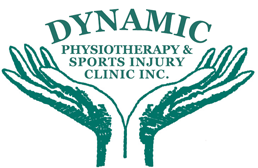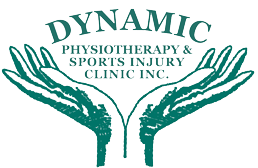Rotator Cuff Injuries Treatment
Rotator Cuff Injuries
Rotator cuff consists of four specific muscles: the supraspinatus (most commonly injured rotator cuff muscle), infraspinatus, teres minor, and subscapularis muscles. These muscle are used to either laterally (outer) rotation or medially (inner) rotation of the shoulder. The rotator cuff muscles also help to stabilize the shoulder joint as well. Rotator cuff injuries are common injuries to the shoulder as these muscles are often used to do many tasks whether cleaning, playing sports, jobs that involve the hands/arms such as painters, carpenters, drywallers, plumbers and floor installers.
Causes Of Rotator Cuff Injuries
- Overuse, impingement (rub against) and normal aging may lead to painful tearing of the rotator cuff tendons
- Rotator cuff tears can be classified as partial or full tears (most common are partial tears)
- Supraspinatus is the most frequently injured rotator cuff muscle
- These groups of muscles and tendons surround the shoulder joint helping to keep the bones in the socket firmly attached
- Most often occur in jobs or sports where repeated activities injure the rotator cuff muscles/tendons
- Most rotator cuff injuries are an inflammation so treatment of rotator cuff injuries is quite successful
Signs & Symptoms Of Rotator Cuff Injuries
- Dull ache in the shoulder which worsens when you try to sleep on the affected side
- Usually the symptoms appear gradually
- Inflammation heat and swelling develop along the tendons eventually resulting in tendinitis
- Decrease range of motion, with ability to rotate outwards, and raising the arm above the head usually affected. Can affect the ability to reach behind your back as if try to scratch the mid back
- In chronic stages of rotator cuff injuries the tendons may degenerate to a degree that the tendon ruptures
Treatment Of Rotator Cuff Injuries
- Treatment for rotator cuff injuries would initially focus on reducing the pain, inflammation and swelling of the affected muscles/tendons
- Strengthening of specific muscles to help stabilize the shoulder joint
- Increasing the usable range of motion that has been affected
- Rotator cuff injuries respond well to treatment from physiotherapy, massage therapy and acupuncture and are often combined to speed the recovery process
If you have any questions about rotator cuff injuries contact our staff at Dynamic Physiotherapy.

